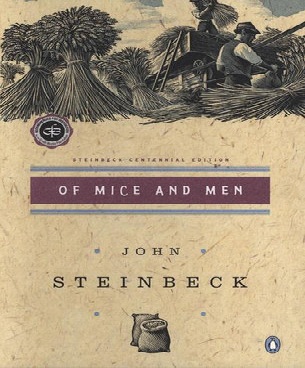“The books that the world calls immoral are books that show the world its own shame.”
– Oscar Wilde
Reading is good. It is a habit that can help you relax and explore the world without spending too much. Just pick a book up and let your imagination take you. But what if you want to read something that is not supposedly good for you? Will you still read it? There is one quote that says “Replace fear of the unknown with curiosity.” Sometimes out of pure curiosity, it can lead you to read these kind of books that eventually can give you a different perspective on life.
Here are just some controversial books that have been ridiculed or even banned by governments!
1. Lolita – Vladimir Nabokov (1955)
Banned in France (1956) for being “obscene”, as well in other countries like New Zealand(1960), Argentina(1959), South Africa, United Kingdom (1955) and Canada (1958 though the ban was later lifted.) Considered Nabokov’s best work, the story is about Humbert Humbert, a scholar and aesthete who was obsessed to Dolores “Lolita” Haze, a 12-year old daughter of his landlady. He married his landlady to get close to the girl. Controversial because of it’s pedophilia and incestual theme. This book was adapted in the film Lolita directed by Stanley Kubrick in 1962, starring James Mason as Humbert Humbert and Sue Lyon as Lolita Haze. Adapted once more in 1997 starring Jeremy Irons and Dominique Swain.

2. The Satanic Verses – Salman Rushdie (1988)
An acclaimed novel that received a nomination for a Booker Prize and won the Whitbread Award for Novel of the Year in 1988. Rushdie’s fourth novel inspired by the life of Muhammad used magical realism just like his previous books. A story about two Indian actors who miraculously live in a plane crash and transformed into living symbols of an angel and a devil. The book was banned in fifteen countries for alleged blasphemy by Islam. Rushdie was placed under police protection due to several assassination attempts and death of the translator Hitoshi Igarashi are also the reasons that makes this book controversial.
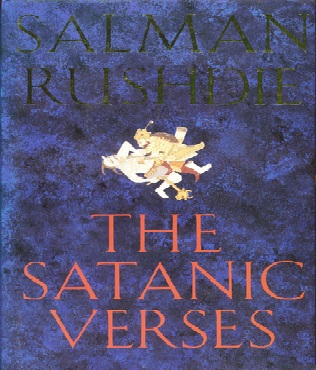
3. Ulysses – James Joyce (1922)
Divided into eighteen episodes, serialized in parts in the American journal “The Little Review” from 1918 to 1920 until it was published in 1922 in Paris. Joyce created a novel that’s been called “the most prominent landmark in modern literature.” Leopold Bloom is the main character with similarities and parallels to Odysseus, the hero in Homer’s Odyssey poem. The variety of styles he used in this book is highly impressive though not an easy novel to read. Controversial for it’s sexual content, it was banned in the UK until 1930s and effectively banned in United States through out 1920s.

4. The Catcher in the Rye – J. D Salinger (1951)
Included in Time’s 2005 list of the 100 best English-language novels written since 1923 and translated into different languages. The Catcher in the Rye is a story of a teenage boy Holden Caulfield, with reclusive nature that’s been through uneasy teenage phase. Story with teenage angst and rebellion, it was challenged for it’s profanity, portrayal of sexuality, offensive acts and blasphemy. It was the most censored book in high school and libraries in the United States between 1961 to 1982.
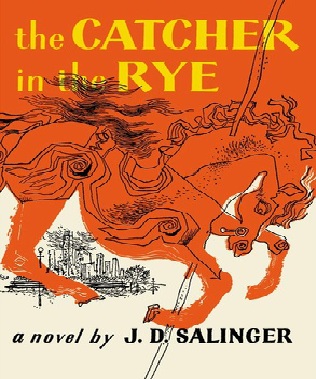
5. American Psycho – Bret Easton Ellis (1991)
Published in 1991, American Psycho is a story of a psychopath and narcissistic young investment banker that man named Patrick Bateman. With very gruesome and descriptive sex, cannibalism and violent scenes, it was restricted in Germany from 1995 to 2000 and under national censorship legislation, it was classified as “R18” in Australia. Adapted into film in 2000 starring Christian Bale with NC-17 rating that received positive reviews by publications including The New York Times.
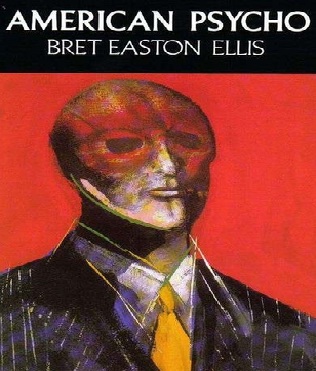
6. Tropic of Cancer – Henry Miller (1934)
A classic erotic literature about Miller, a struggling writer, who went to Paris alone and almost penniless, tried to write a book about his experiences. Banned in the United States for almost thirty years and other countries like Canada and United Kingdom for it’s obscenity. From the year it was published in 1934 till 1961, over sixty U.S lawsuits were brought against the publisher and booksellers that sold the book. In 1964, the U.S Supreme Court finding it not obscene.
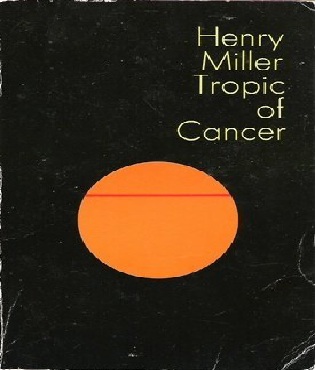
7. Brave New World – Aldous Huxley (1932)
Inspired by novels of H.G Wells, Huxley started this one as a parody of Wells’ writing. He wanted to describe the opposite of the utopian world that was popular at that time and wrote Brave New World as a futuristic dystopia of an unusual kind. Bernard Marx is the main character of this story who tried to break from the norms of society. This book ranks as No. 52 on American Library Association (ALA) list of most challenged books in 2010. Challenged for it’s negativity and also accused for plagiarism.
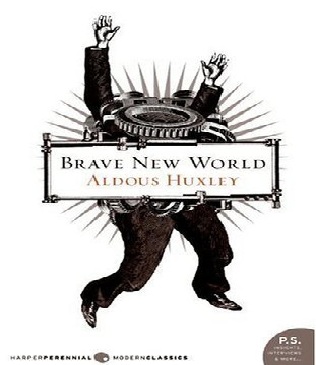
8. Green Eggs and Ham – Dr. Seuss (1960)
A children’s book by Dr. Seuss about a character Sam-I-Am who keeps asking persistently an unnamed character if he/she likes green eggs and ham. It was fourth best-selling English-language children’s book of all time but not with controversy in 1965. Banned in China for it’s “portrayal of early Marxism.”
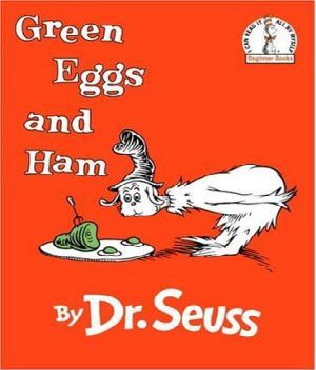
9. Uncle Tom’s Cabin – Harriet Beecher Stowe (1852)
An anti-slavery book published in 1852 that said played a major part in helping to bring about the abolition of slavery in the U.S. Uncle Tom, the main character was considered the first black black hero in American fiction. It tackles about the evil of slavery, with religious beliefs of the author showed at some parts of the book. Literary critics had mixed reviews for it’s writing style and impact and was banned in the Confederate States during the Civil War and in Russia in 1852 for it’s anti-slavery content and undermining religious ideals.
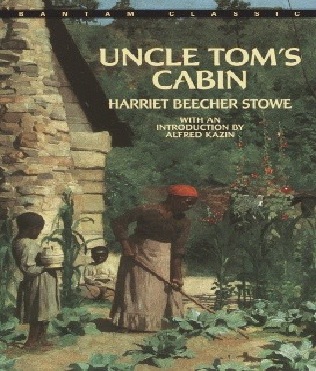
10. Of Mice and Men – John Steinbeck (1937)
Included in the list of American Library Association’s Most Challenged Book of the Century. Published in 1937 by author John Steinbeck, this novella is a story about two men, George and his friend Lennie, both dreaming of acquiring a farm of their own. The novella got a positive reviews but also been banned from schools and libraries for containing profanity and condoning racial slurs.
